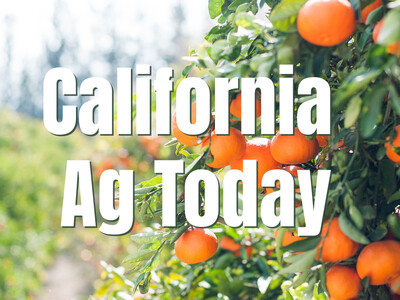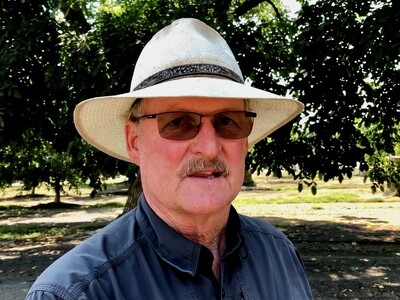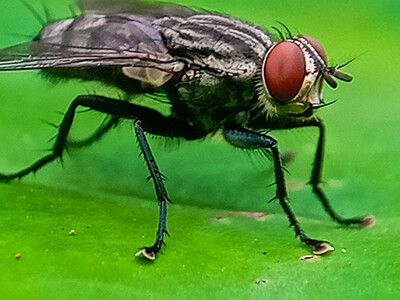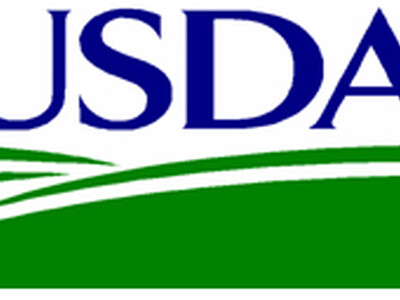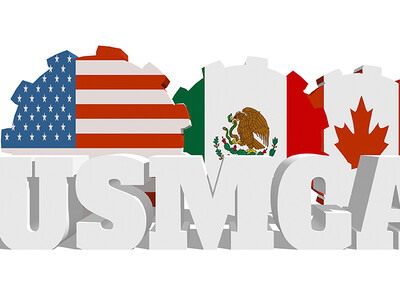Seed Treatments
At the moment a seed is planted, seed treatments play a crucial role by providing protection against diseases, insects, and nematode pressure. Blake Murnan is the product development manager for CHS Agronomy. He says seed treatments are a great way for producers to maximize their yield potential.“A critical first step is using a quality seed treatment to protect seed and seedling from environmental and pest pressure that can harm seedling health. Disease pathogens, nematodes, and insects are just a few of these stressors that can kill or damage seed and seedlings, resulting in poor nutritional uptake, reduced stand establishment, and possibly substantial yield loss. Continued advancements in seed treatments now allow us to protect the seed from a variety of pests that may affect health and overall crop yield. But as pest type and severity often varies by geography and year depending on its environment, it's challenging to anticipate and consistently meet the needs of your growers.”
Murnan talks about what seed treatment trends he sees as retailers and growers prepare for another season.
“While fungicides remain the base for any seed treatment, protecting against diseases such as Phytophthora, Pythium, Rhizoctonia, and Fusarium, there is a shift from insecticides to nematicide as the second most important component in the seed treatment. That is because the intensity of insect pressure tends to be cyclical; why disease pathogen and nematode pressure, once established, is always there, striking when the environment and conditions are favorable. Nematicides really are the blue-sky opportunity for growers and retailers looking to manage nematodes, which have become the number one pathogen in soybean production, causing $1.5 billion worth of damage annually.”
He says pre-packaged seed treatments often work for most operations, but other growers want options tailored directly to their farms.
“More and more growers are looking for retail partners who can adjust seed treatment blends to fit the needs of their specific geography and operational needs. Growers look at their business on a field-by-field basis because they're serious about optimum results. They know that yield starts with protecting and enhancing seed with high-quality seed treatments. They're looking for field-by-field custom seed treatment plans versus a pre-packaged option that may include active ingredients they don't need. This means that seed treatment blends may provide better economics and environmental stewardship for the grower.”
Customized seed treatments are important because agriculture is a business of precision.
“Growers and retailers are always looking for ways to get better yields and seed treatments play an important role. Custom seed treatment blending services can utilize proven products from top manufacturers that enable growers to purchase seed treatments with the right rate of fungicide, nematicide, insecticide, plant growth regulators, micronutrients, even colorants and polymers, to meet the specific needs with highly-targeted local precision.”
CHS Agronomy has the seed treatment options growers need to thrive in a competitive marketplace. Growers can go to www.CHSAgronomy.com/crop-protection or contact their local CHS Agronomy representative for more information.






